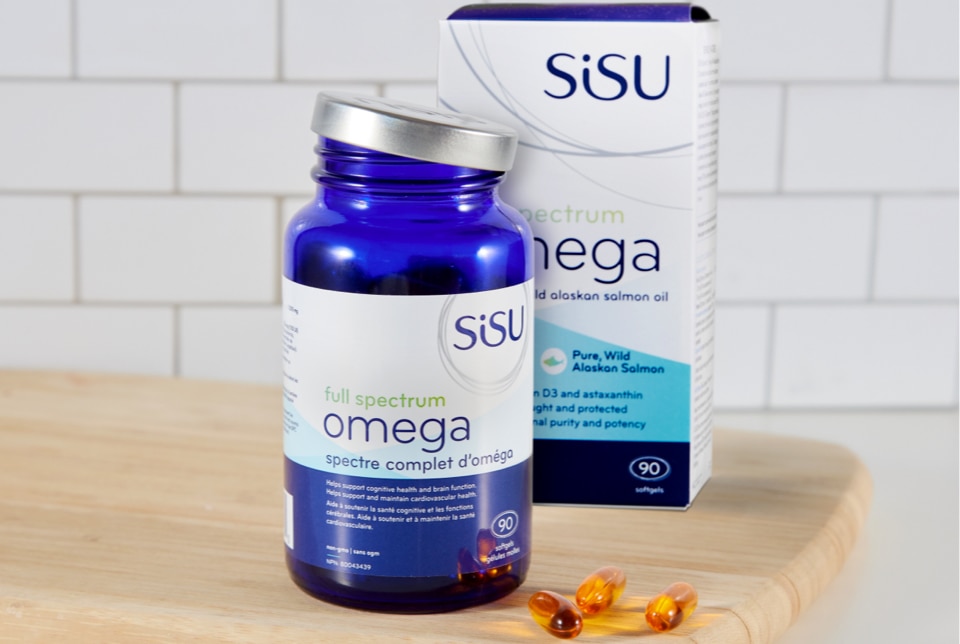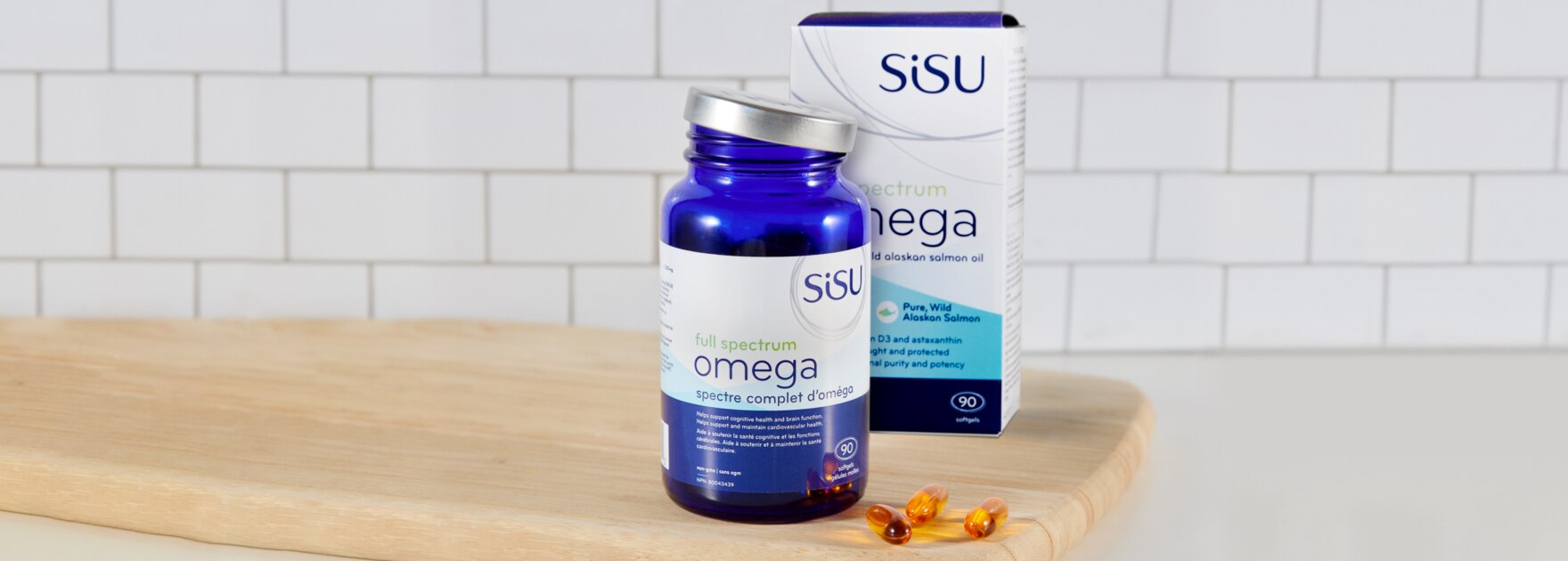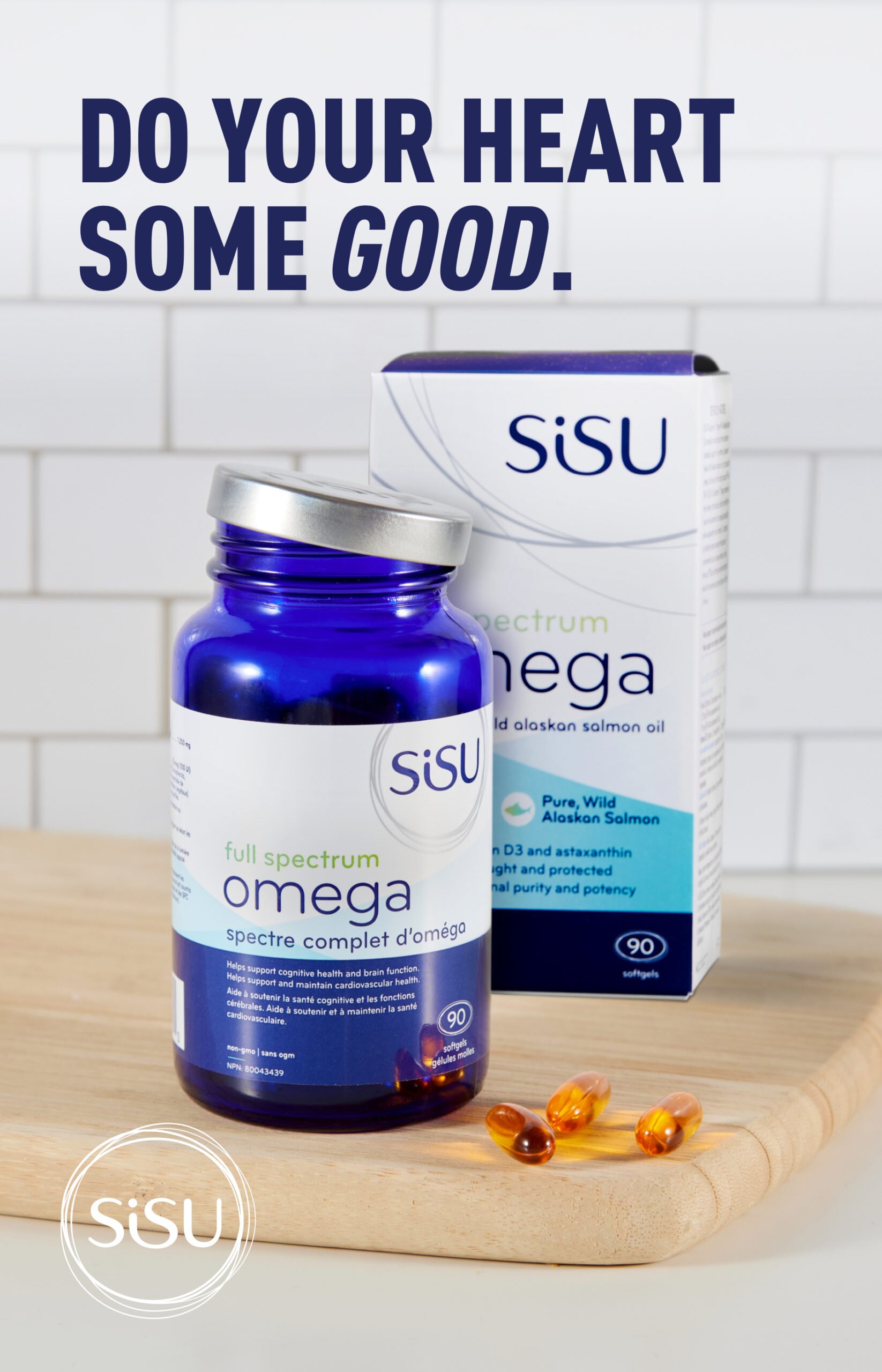

Your diet has a big impact on your cholesterol levels, and therefore, your heart health.
We’ve identified which foods have high cholesterol content, and which foods can help lower cholesterol.
If your blood cholesterol levels are high, we recommend consulting with your physician or dietitian to discuss a health plan.
Now, let’s get started!
What is cholesterol?
Cholesterol is a fat found in your blood. It is naturally made by your liver and intestines but it can be increased by some foods. When you hear “cholesterol” you may immediately think it’s a bad thing, but there are actually two types of cholesterol:1
- High density (HDL) or “good” cholesterol helps to remove excess cholesterol from the body.
- Low density (LDL) or “bad” cholesterol can form plaque on your artery walls and block blood flow to the heart and brain if LDL levels are high.
Too much bad cholesterol is one of the controllable risk factors for heart disease, yet the body also needs good cholesterol to function.2 High density cholesterol helps to build cell membranes, and is also required to make vitamin D, hormones (testosterone and estrogen), and fat-dissolving bile acids.3
So, how much cholesterol is too much cholesterol?
What is the maximum daily intake of cholesterol?
Taking care to avoid foods high in saturated fat will limit your daily intake of LDL cholesterol. That’s why it’s important to eat a variety of healthy foods each day, according to Canada’s Food Guide.
If you have high cholesterol levels, heart disease, diabetes, or a family history of heart disease, the Dieticians of Canada recommend limiting dietary cholesterol to 200 to 300 mg/day (one to two servings of most animal-based meats and products).4 If you’re unsure about your cholesterol levels, we recommend speaking to your doctor for a more personalized recommendation.
Now that we’ve identified what cholesterol is and the distinction between good and bad, let’s look at healthy ways to lower your LDL cholesterol levels.
Healthy eating tips to lower cholesterol
Read the Nutrition Facts food label
All prepackaged foods sold in Canada include a Nutrition Facts food label. This label helps to evaluate the nutrients a product contains so you can make informed choices for your diet. It also makes it easier to compare similar foods.
When you’re grocery shopping, review the Nutrition Facts Table on packaged foods and choose products lower in sodium, saturated, and trans fat values. Look at the percent daily value (%DV) as a benchmark to determine if a food is high or low in a nutrient.5
- 5% DV or less is a little
- 15% DV or more is a lot
Cook and eat more meals at home
Frequently eating processed or fast food translates to eating food higher in sugar, salt, and saturated fats. It’s okay to eat out in moderation, but try researching restaurants in your area that serve freshly made dishes and provide nutrition information.
Home-cooking gives you more control over ingredients and enables you to prepare minimally processed foods, which are typically lower in cholesterol. It can also give you control over portion sizes, and be more affordable. The Heart and Stroke Foundation of Canada has plenty of heart-healthy recipes if you’re looking for healthy meal inspiration.
Eat foods high in fiber
A fiber-rich diet delivers numerous health benefits, including digestive health and immune health. There are two types of fiber: soluble and insoluble. While both of these are important for a healthy diet, it’s the soluble fiber that helps to lower glucose and LDL cholesterol levels. In fact, studies have shown that eating 10 to 25 grams of soluble fiber a day can lower cholesterol by 18%.6, 7
Good food sources of soluble fiber include oats, beans, apples, carrots, and peas.
Include healthy fats in your diet
A moderate amount of healthy oils and fats are good for you because they help your body absorb fat-soluble vitamins such as vitamins A, D, E, and K.
Choose food containing healthier unsaturated fats (ex. Omega-3 fatty acids) which help to increase good cholesterol and provide the body with energy. Foods that contain monounsaturated and polyunsaturated fats also help to lower LDL cholesterol levels.8 This includes avocados, flaxseed, cold-water fish, and olive oil.
Prepare food using healthy oils and methods
The way you prepare your food is just as important as the quality of ingredients. By approaching your food prep with healthy methods, you can prevent excess saturated and trans fats from getting into your meals. Here are some healthy cooking tips:
- Steam, bake, grill, or boil your food instead of frying.
- Cook with healthy liquid vegetable oils such as olive or sunflower oil instead of butter or shortening.
- Remove the skin before you cook lean meats like chicken or turkey.
Now let’s talk about how to make smart food choices! Keep reading to discover the high cholesterol foods to avoid and the best foods to help maintain healthy cholesterol levels.
The best and worst foods for cholesterol
What foods are high in LDL cholesterol?
Foods that are high in saturated fats and trans fats can increase unhealthy LDL cholesterol levels. You can control blood cholesterol levels by limiting the following highly saturated fat foods in your diet:9
- Processed meats
- Sweetened foods and beverages
- Full-fat dairy products
- Fried and processed foods
- Baked goods and sweets
What are the best foods to help lower cholesterol?
Prioritize your heart health by including these nutritious (and delicious) foods in your diet:10, 11
- Fatty Fish: Eating salmon, trout, mackerel, sardines, or herring two or three times a week can lower LDL levels, and are good sources of Omega-3 fatty acids.
- Whole grains: Oats, brown rice, quinoa, and whole grain bread are all good sources of soluble fiber.
- Unsalted Nuts and seeds: Walnuts, peanuts, and almonds all contain heart-healthy unsaturated fats, fiber, and vitamins.
- Vegetables and Fruit: Eat at least 2 servings of various fruits and vegetables every day, especially ones that are higher in soluble fiber (ex. apples, berries, broccoli, carrots).
- Plant-sterol fortified foods: It is recommended to eat 2g of plant sterols per day to help lower LDL cholesterol (ex. mayonnaise, yogurt, salad dressing).
Complement your diet with a heart-healthy supplement
If you’re not getting enough omega-3 fatty acids from your diet, try one of our supplements:
- Sisu Full Spectrum™ Omega offers 1200 mg of sustainably caught wild Alaskan salmon oil per serving. It also provides a full range of 17 naturally occurring fatty acids, as well as vitamin D3 and astaxanthin.
- Sisu Vegetarian Omega 3 offers easy-to-swallow omega 3 capsules from algae for the maintenance of good health.
Coenzyme Q10, or CoQ10, is produced by your body naturally, although its production tends to decrease with age. Taking a CoQ10 supplement is a great way to promote heart health.
- Sisu CoQ10 helps support and maintain cardiovascular health, and is an antioxidant for the maintenance of good health.

Know the facts about cholesterol
Remember, not all cholesterol is bad. But it’s important to know which foods are worse for cholesterol levels and which foods can help lower cholesterol to maintain a heart-healthy diet!
To add more quick health and wellness tips to your feed, follow us on Instagram! (@sisuvitamins)
Always read and follow the product label. Products may not be suitable for everyone.
1 https://www.heartandstroke.ca/heart-disease/risk-and-prevention/condition-risk-factors/managing-cholesterol
2 https://www.ncbi.nlm.nih.gov/pmc/articles/PMC5586853/
3 https://www.health.harvard.edu/heart-health/how-its-made-cholesterol-production-in-your-body
4 https://www.kfhn.ca/default/assets/File/Eating%20Guidelines%20to%20improve%20blood%20cholesterol%20levels.pdf
5 https://www.unlockfood.ca/en/Articles/Nutrition-Labelling/Understanding-Food-Labels-in-Canada.aspx
6 https://www.mdpi.com/1660-4601/12/5/4726
7 https://www.thelancet.com/journals/lancet/article/PIIS0140-6736(18)31809-9/fulltext
8 https://www.heartandstroke.ca/healthy-living/healthy-eating/fats-and-oils
9 https://www.kfhn.ca/default/assets/File/Eating%20Guidelines%20to%20improve%20blood%20cholesterol%20levels.pdf
10 https://www.health.harvard.edu/heart-health/11-foods-that-lower-cholesterol
11 https://www.healthlinkbc.ca/healthlinkbc-files/heart-healthy-eating

